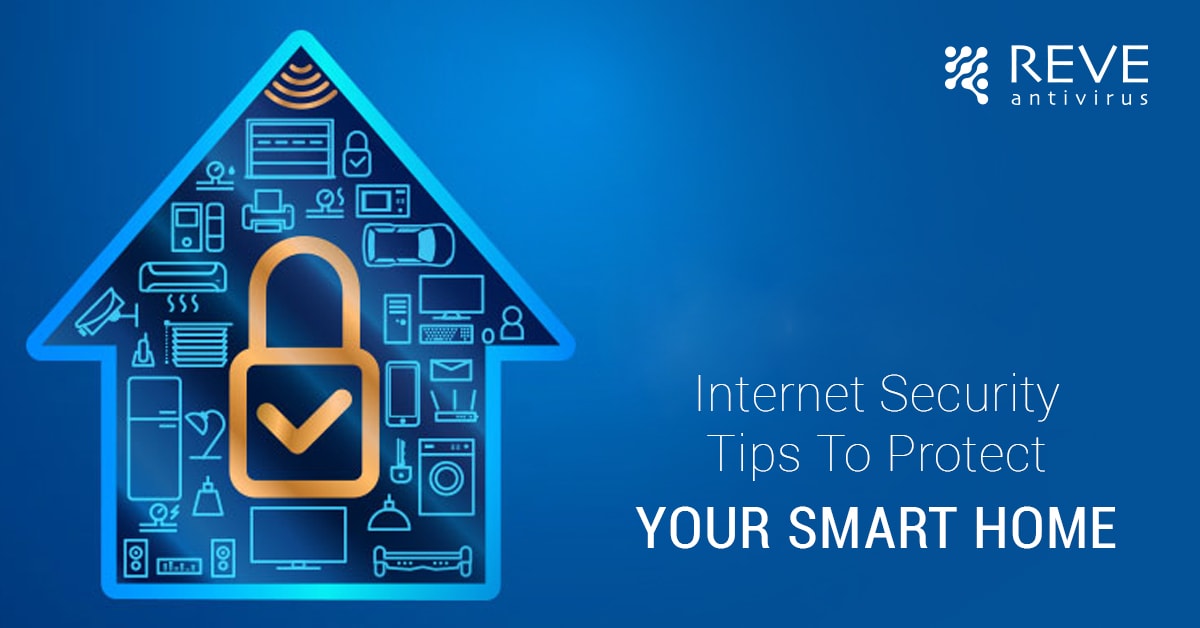 Stay Safe from Phishing Attacks
Stay Safe from Phishing Attacks
One of the most popular methods used by cyber hackers to trick internet users is phishing. Generally, a phishing email is sent to the target, which imitates a genuine message from an authentic source. The email persuades the target to click on a provided link or download a given attachment. When the target does the same, it corrupts the system by installing malware or redirects to a fake website, usually banking websites, that asks for user credentials, such as net banking username and password.
The best way to stay safe from phishing attacks is to be wary of all the emails you receive. A good practice is to avoid replying or taking action to emails that come from random/unknown sources. Even if an email appears to be from a known source, it is better to check with the source directly before taking any action. Always check the sender’s email address carefully as it can be the first indication towards the authenticity of the source.
Avoid using Unpatched Software
Whenever you ignore a software update, it creates an opportunity for hackers to exploit vulnerabilities and compromise your device. Though most of us find these software updates annoying as they pop up when we are into the middle of something, but these hold a great value when it comes to the security of our systems. Therefore, you need inculcate the habit of installing software updates as soon as they are available on your system.
Your Home WiFi should be Protected
The WiFi installed at your home isn’t only yours unless and until it is protected through a password. An unsecured WiFi provides an open internet connection to all devices that can connect within its range. A hacker can even get through the devices connected to the WiFi router, which means all your IoT devices can be exposed. The thumb rule here is to password protect your WiFi so that only authorized devices are connected to it. Also, the password shall be something unique and hard-to-guess – use numbers, symbols, upper and lower case letters. Avoid using your name, house address or telephone number in your password.
Use an Internet Security Software
You never know when a malware in the form of rootkit, adware, virus, etc. will hit your system and destroy the data. Having a reliable internet security software on your system keeps malware and other cyber threats away from it.
- RaaS : The Dark Side of SaaS
- Hackers Target MOVEit Transfer’s Zero-Day Vulnerability, Emergency Patch Deployed
- How Scammers Are Utilizing ChatGPT? Few Tips To Be Safe
- World Backup Day: Why Data Backups are Important in Cybersecurity
- What is Social Engineering and How Cyber Criminals Use It
- Things To Know About Personally Identifiable Information (PII)
- What is Data Breach? Why and How It occurs? How To Prevent Data Breach


